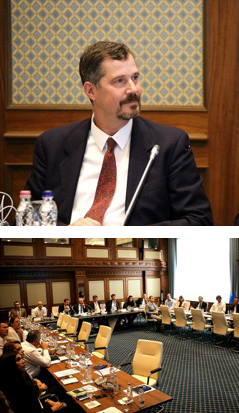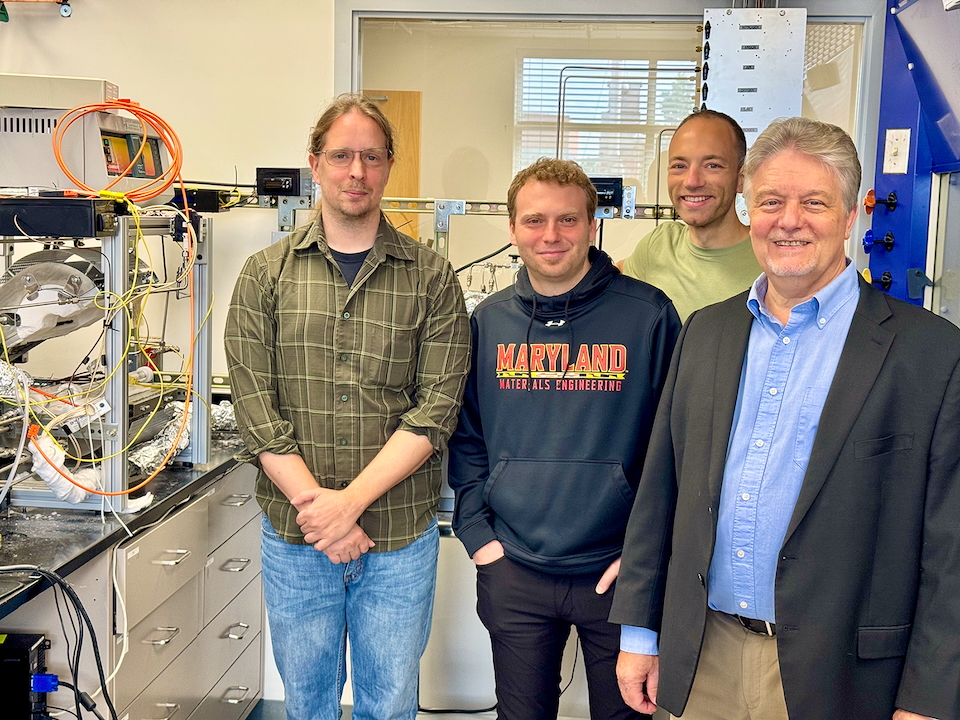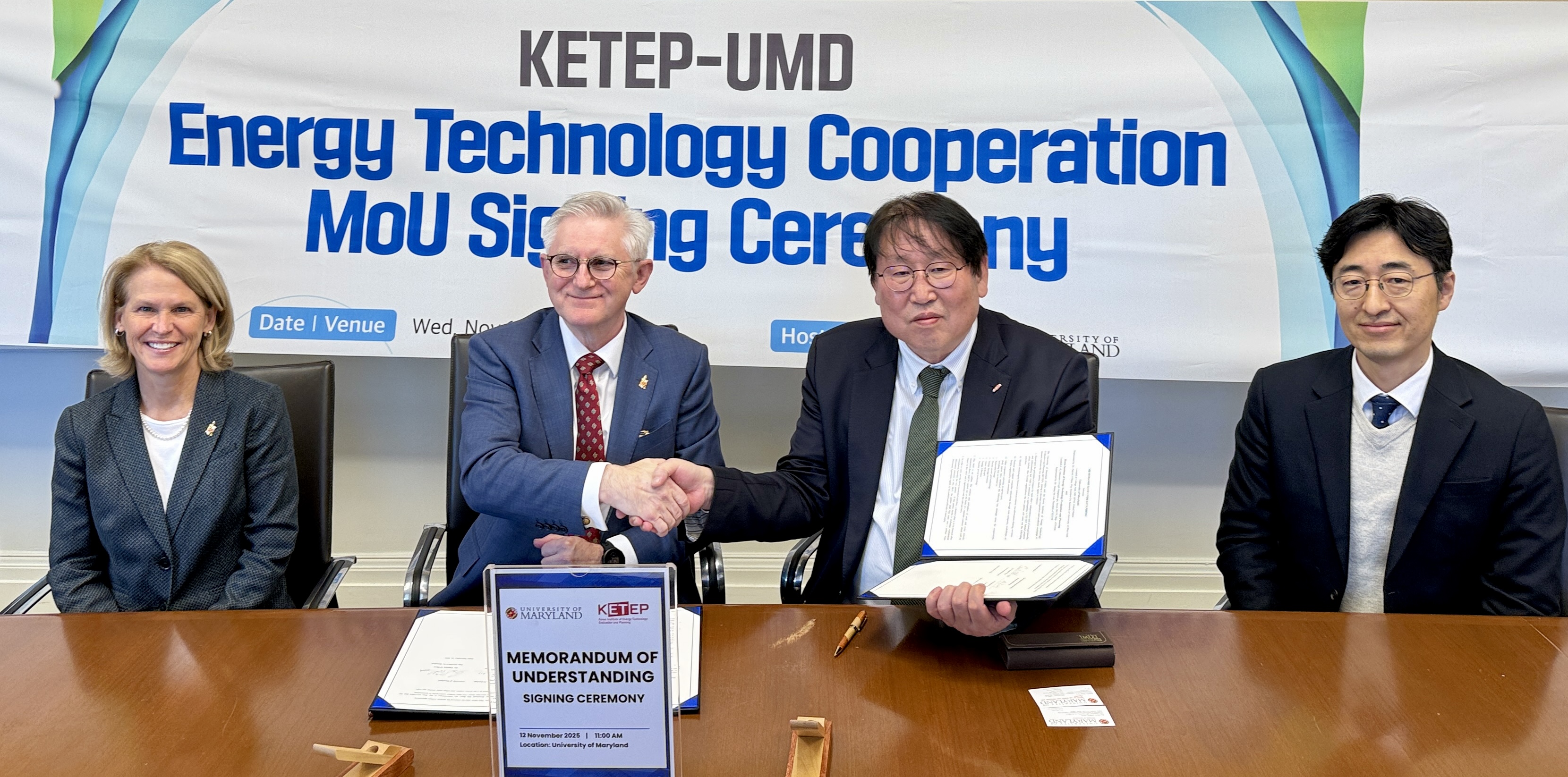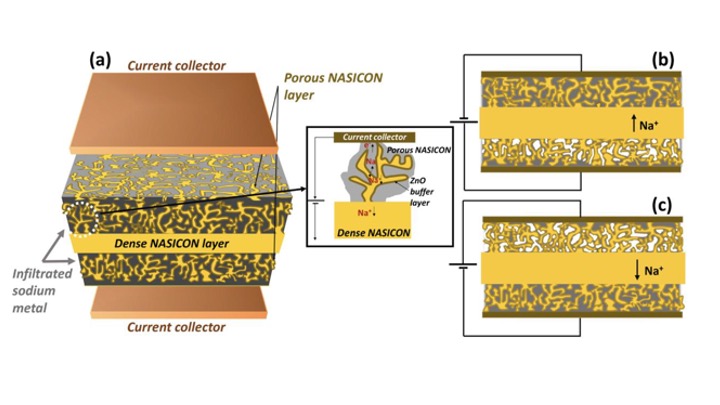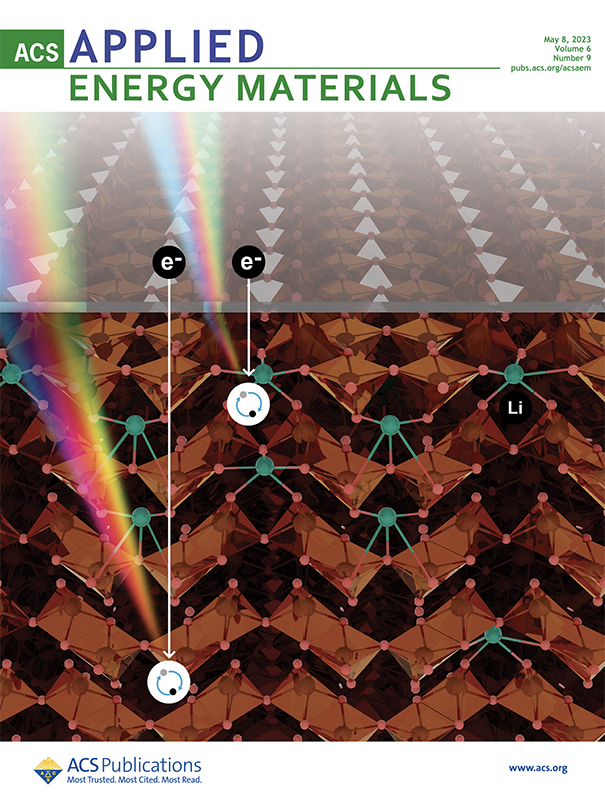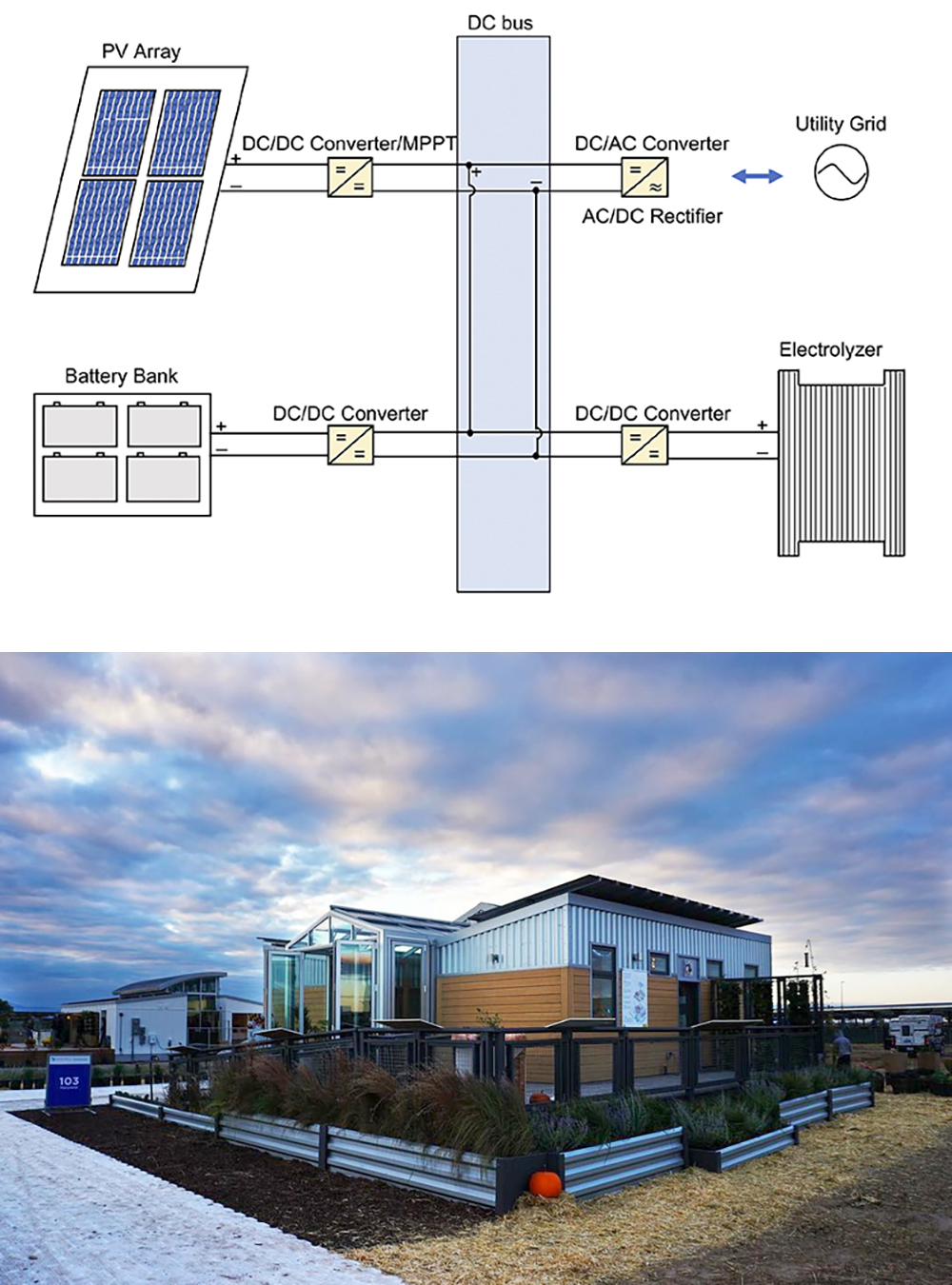News Story
Gabriel and colleagues contribute chapter to new Springer book on liberalized power markets
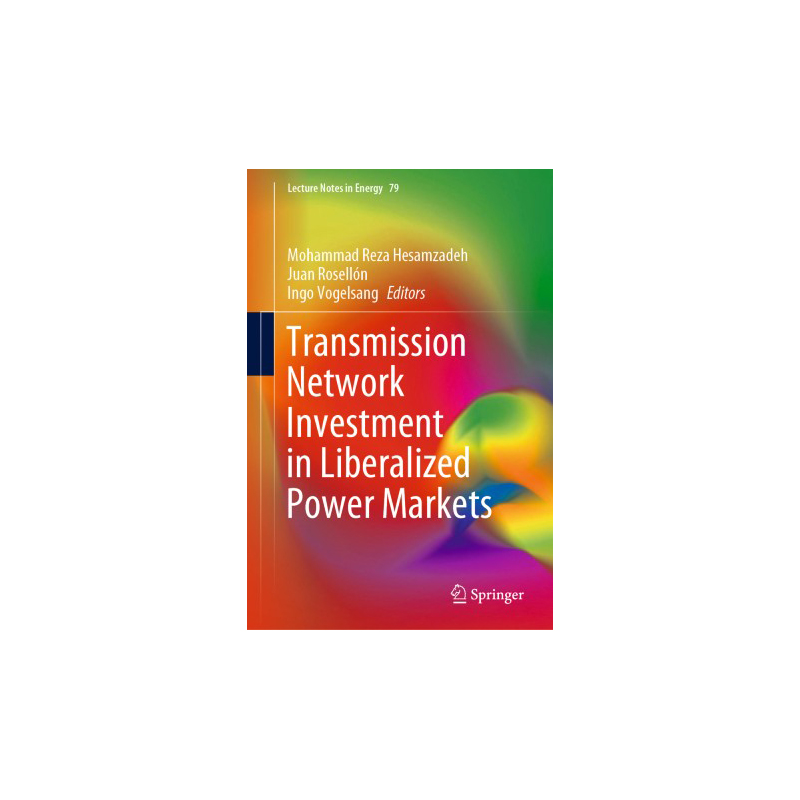
ISR-affiliated Professor Steven A. Gabriel (ME) has a contributed a chapter to Transmission Network Investment in Liberalized Power Markets, a new book published by Springer as part of its Lecture Notes in Energy book series.
The chapter, “A Parametric Programming Approach to Bilevel Merchant Electricity Transmission Investment Problems,” was written with Henrik Bylling and Trine Boomsma of the University of Copenhagen. Gabriel is also an adjunct professor in the Deptment of Industrial Economics and Technology Management at the Norwegian University of Science and Technology.
The book provides a systematic overview of transmission network investment in liberalized power markets. It introduces the basic economics and engineering of transmission network investment; discusses merchant investment in the transmission network; examines transmission investment coordination and smart grids; and describes practical experiences of transmission network investment in power market in various countries. It is edited by Mohammad Reza Hesamzadeh, Juan Rosellón and Ingo Vogelsang.
The chapter by Gabriel, Bylling and Boomsma explains how electricity transmission investments are made in a liberalized market environment, in which the transmission system operator, the market, producers, and investors have different objectives. The transmission expansion problem can account for this by bilevel programming, with an investor making expansion decisions in an upper level while anticipating the result of a lower-level market-clearing. The chapter authors formulate a stochastic transmission expansion problem of a merchant investor collecting congestion rents determined by the differences between nodal market prices. The bilevel program can be recast as a mathematical program with equilibirium constraints (MPEC), but does not allow for linearization and reformulation by mixed-integer linear programming. Instead, we apply a parametric programming approach that facilitates decomposition with respect to both time periods and scenarios. A numerical study illustrates its ability to solve the problem, even though standard solvers for non-linear MPECs fail.
About the Lecture Notes in Energy series
Lecture Notes in Energy (LNE) is a series that reports on new developments in the study of energy: from science and engineering to the analysis of energy policy. The series’ scope includes but is not limited to, renewable and green energy, nuclear, fossil fuels and carbon capture, energy systems, energy storage and harvesting, batteries and fuel cells, power systems, energy efficiency, energy in buildings, energy policy, as well as energy-related topics in economics, management and transportation. Books published in LNE are original and timely and bridge between advanced textbooks and the forefront of research. Readers of LNE include postgraduate students and non-specialist researchers wishing to gain an accessible introduction to a field of research as well as professionals and researchers with a need for an up-to-date reference book on a well-defined topic. The series publishes single- and multi-authored volumes as well as advanced textbooks.
Published September 29, 2020
